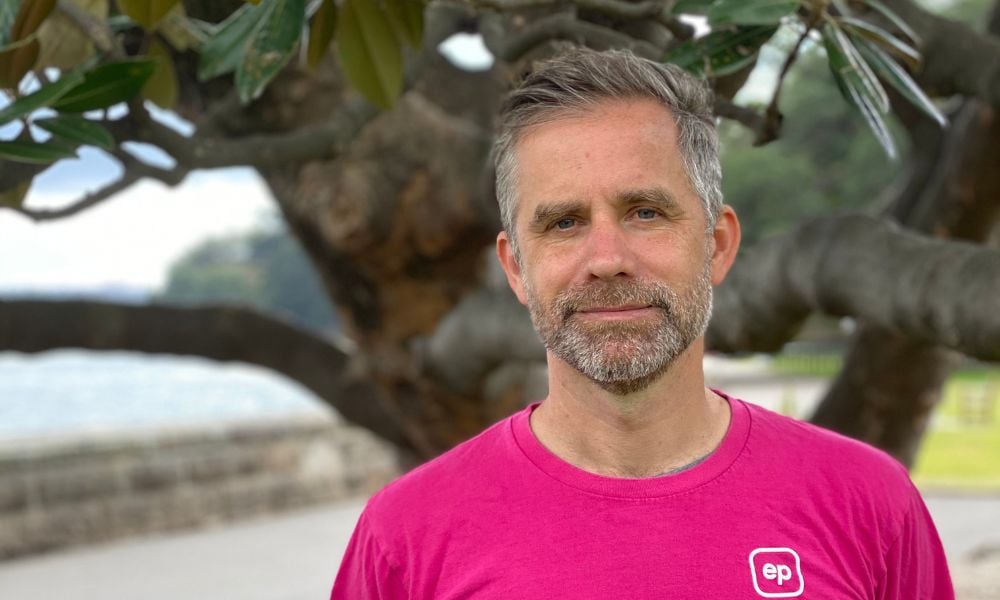
A new diverse initiative may hold the key to boosting your employee engagement

The English language is the dominant language in the business world and an essential tool for employees globally. However, in a multi-cultural country like New Zealand, for those employees who aren’t native English speakers, learning the language doesn’t guarantee you’re a natural. Something Alex Burke, CEO of Education Perfect (EP), experienced first-hand while spending time in South America’s workforce.
“I went to South America after university, and I didn’t speak a word of Spanish,” Burke explained to HRD. “After six months I could speak the language fluently, but I had to really focus and concentrate when people were speaking to me in Spanish in the workplace.”
Burke became CEO of EP 3 years ago - where 22% of their 250-strong workforce speak English as a second language. While looking at his internal communications, Burke realised, with the increased use of technology, if English wasn’t a first language for an employee a lot of communication could be getting lost in translation. Now, an initiative Burke set up at EP to support his employees that speak English as a second language has won the organisation a highly commended gong in the Inclusive Workplace category at New Zealand’s Diversity Awards held in Auckland earlier this month.
Read more: Worker wins $18k after being told to speak English
“When I joined EP three years ago, I knew we had an amazing product, but I really wanted to build a business around that product. So, the first thing I did was set a mission, created some values, and really invested in the people and culture side of things. We set a dedicated committee looking at diversity, equity and inclusion and we identified this [employees with English as a second language] as an opportunity to make our workplace more inclusive.”
The organisation set about making a safe space for employees with English as a second language to share their thoughts and their struggles. This was done through videos of employees speaking in their native tongue, accompanied by subtitles, about the communication difficulties they have in the workplace.
“One employee, a native Chinese speaker explained that when you state numbers in English, in order to translate it to Chinese you have to recount it in Arabic, then recount it back to Chinese,” said Burke. “So, what that means is if you’re speaking to a native Chinese speaker you need to give them extra time to digest numbers.”
Read more: 5 top tips for encouraging inclusive language in the workplace
Other employees highlighted areas such as public speaking, lack of confidence contributing to meetings, keeping up in meetings, and the extra time it took to understand the business jargon from presentations.
“It’s great to see them supporting people who speak English as a second language, it’s such an important area of inclusion and something that we’re not seeing a lot of organisations focus on in New Zealand so far so it’s amazing to see that,” added Robin Davies, judging chair of the Inclusive Workplace Award at the Diversity Awards NZ.